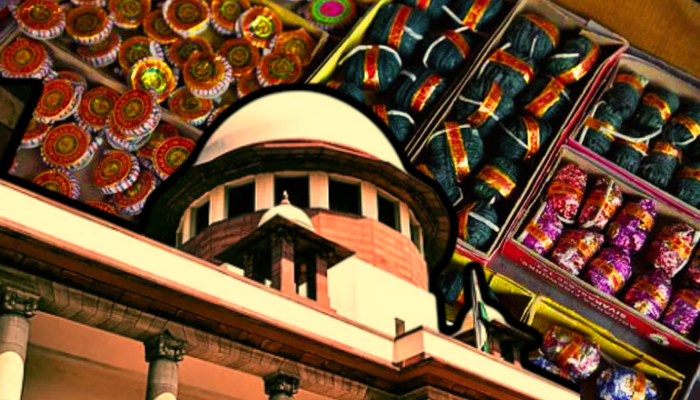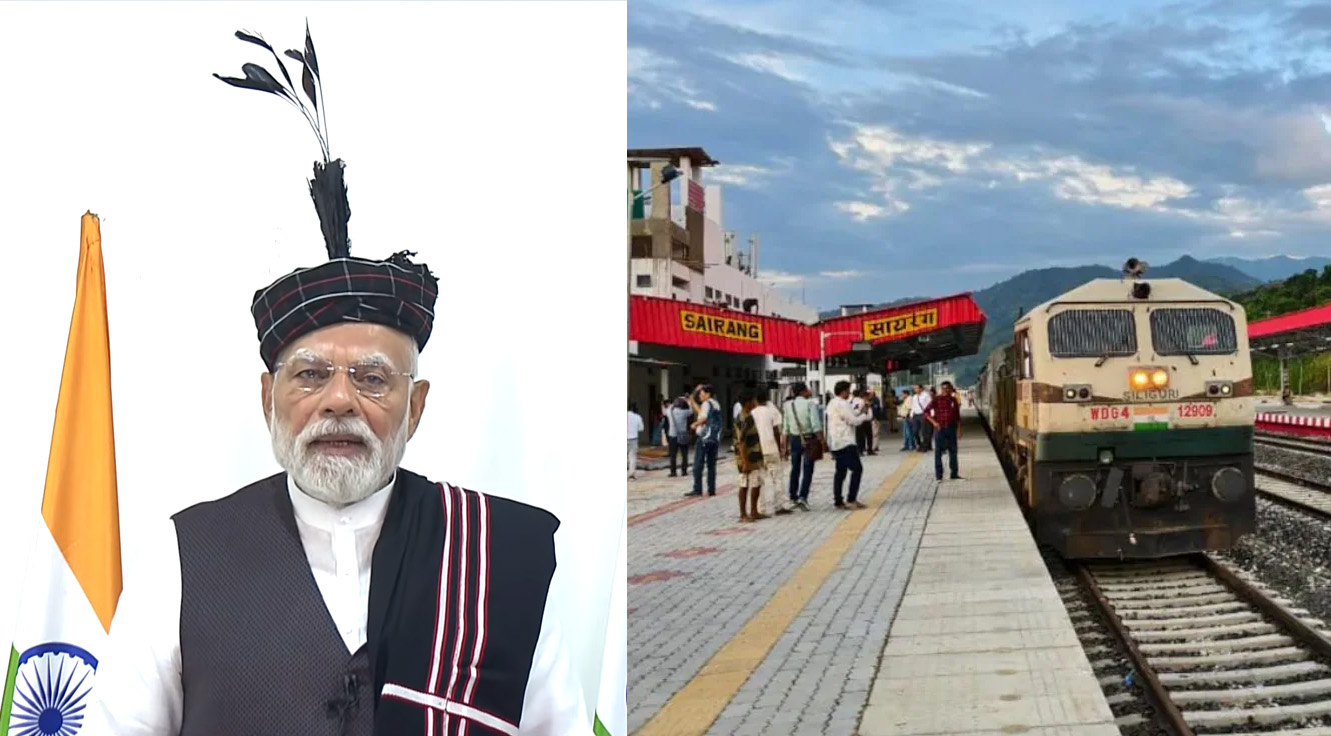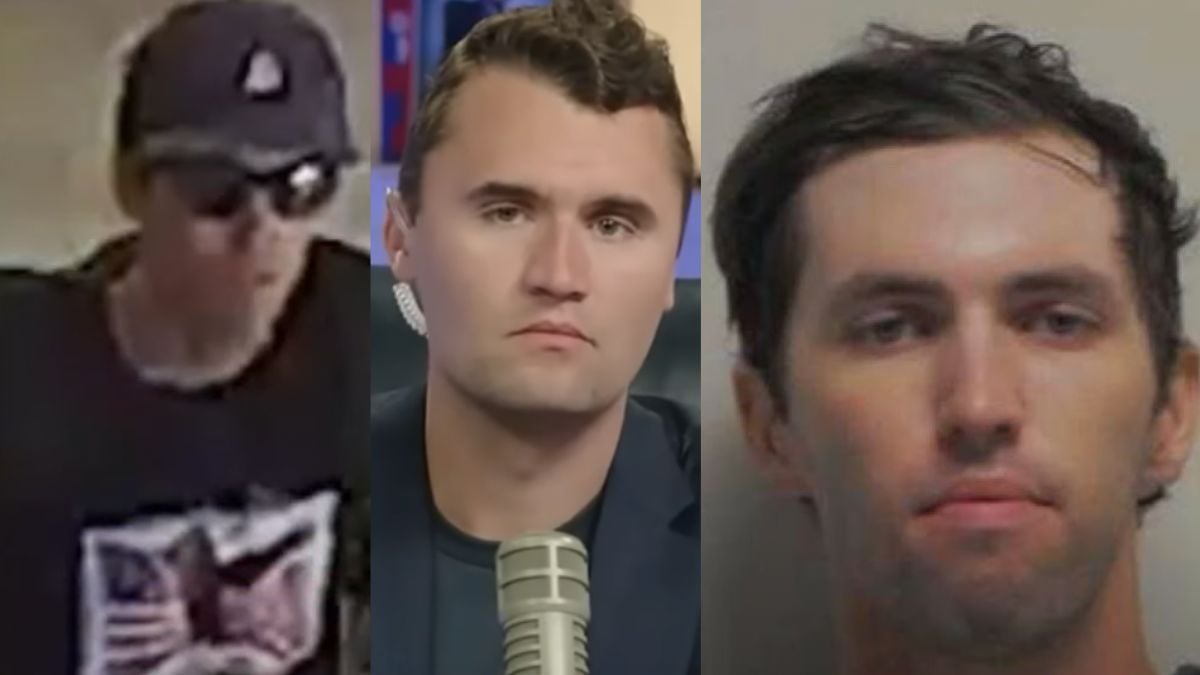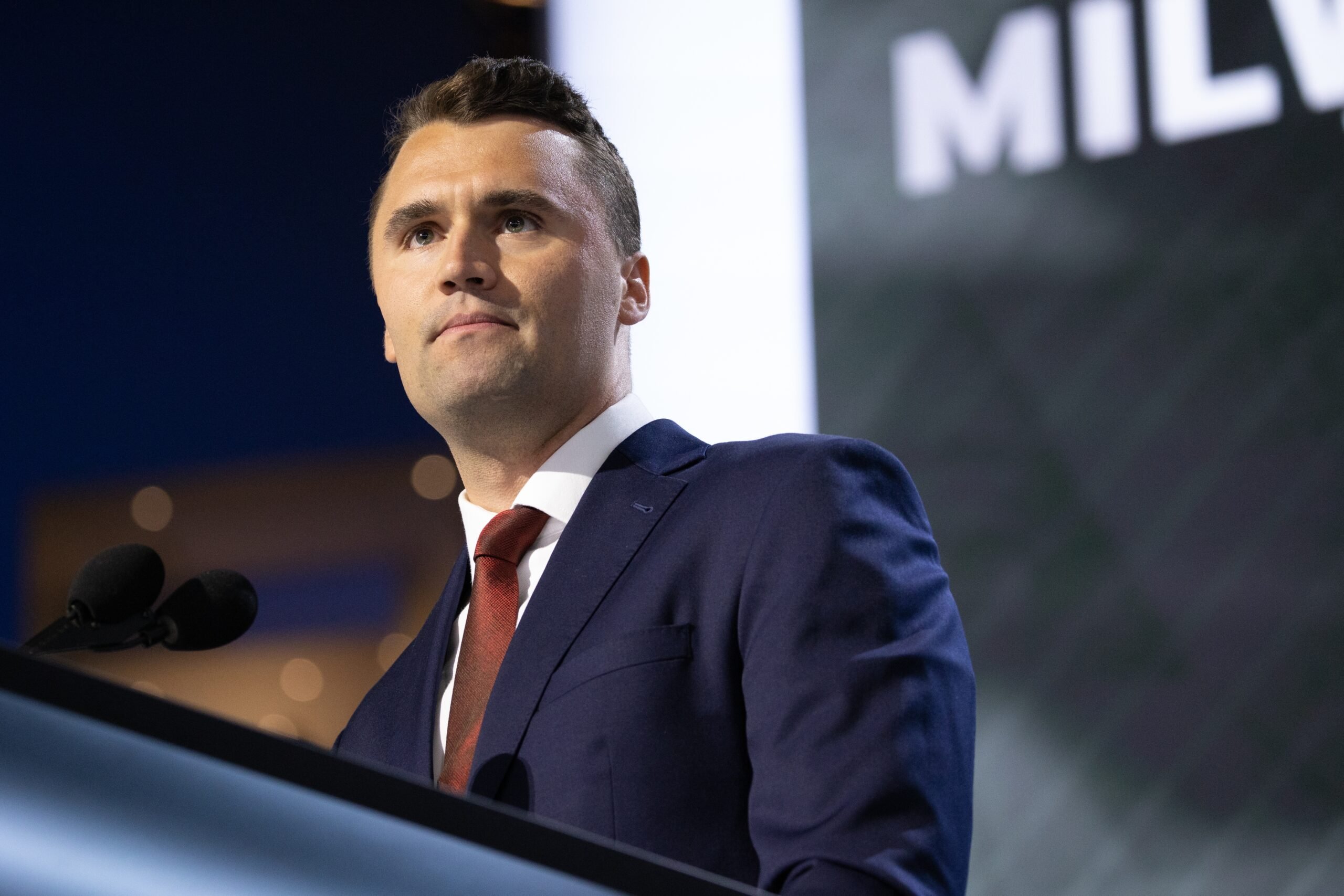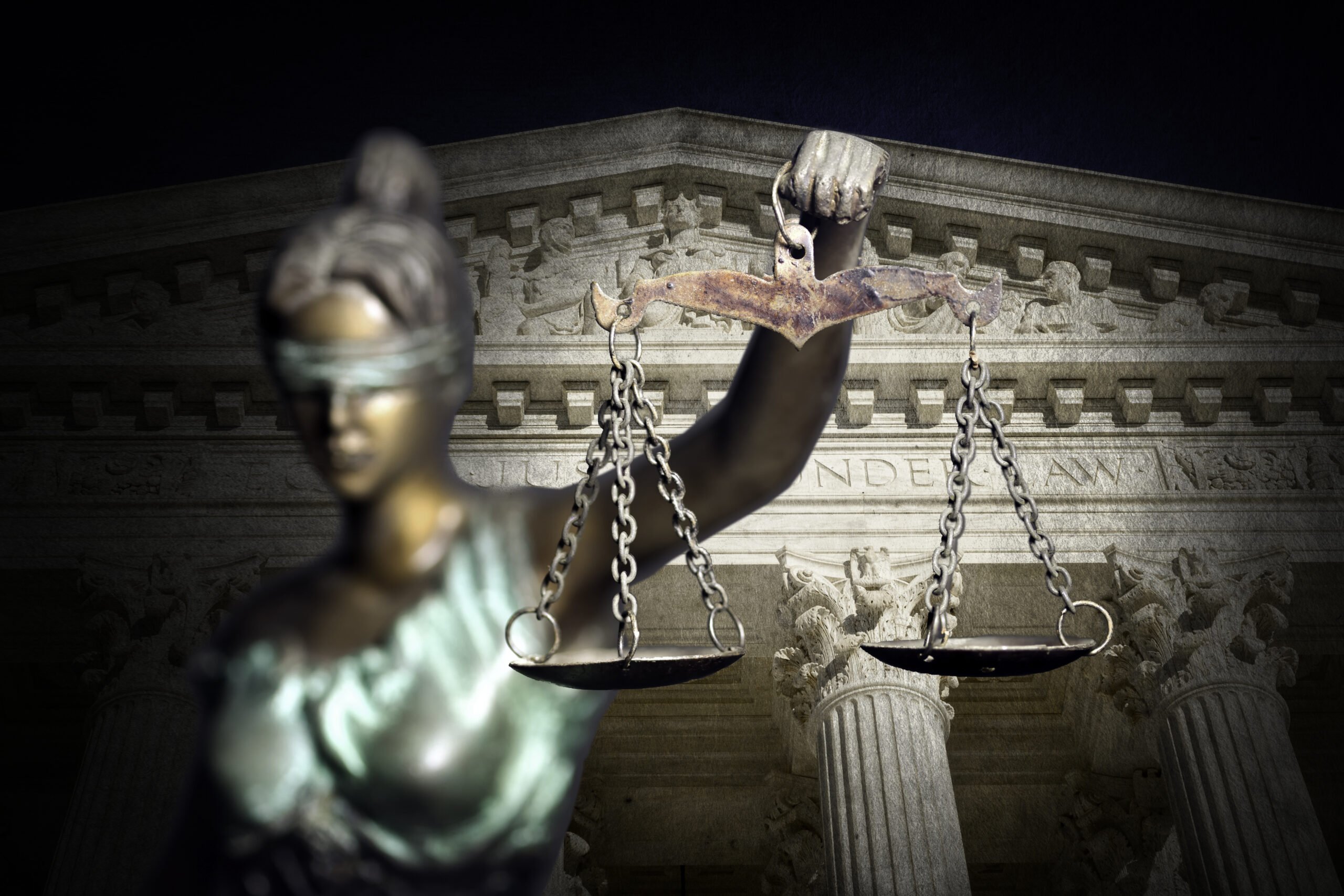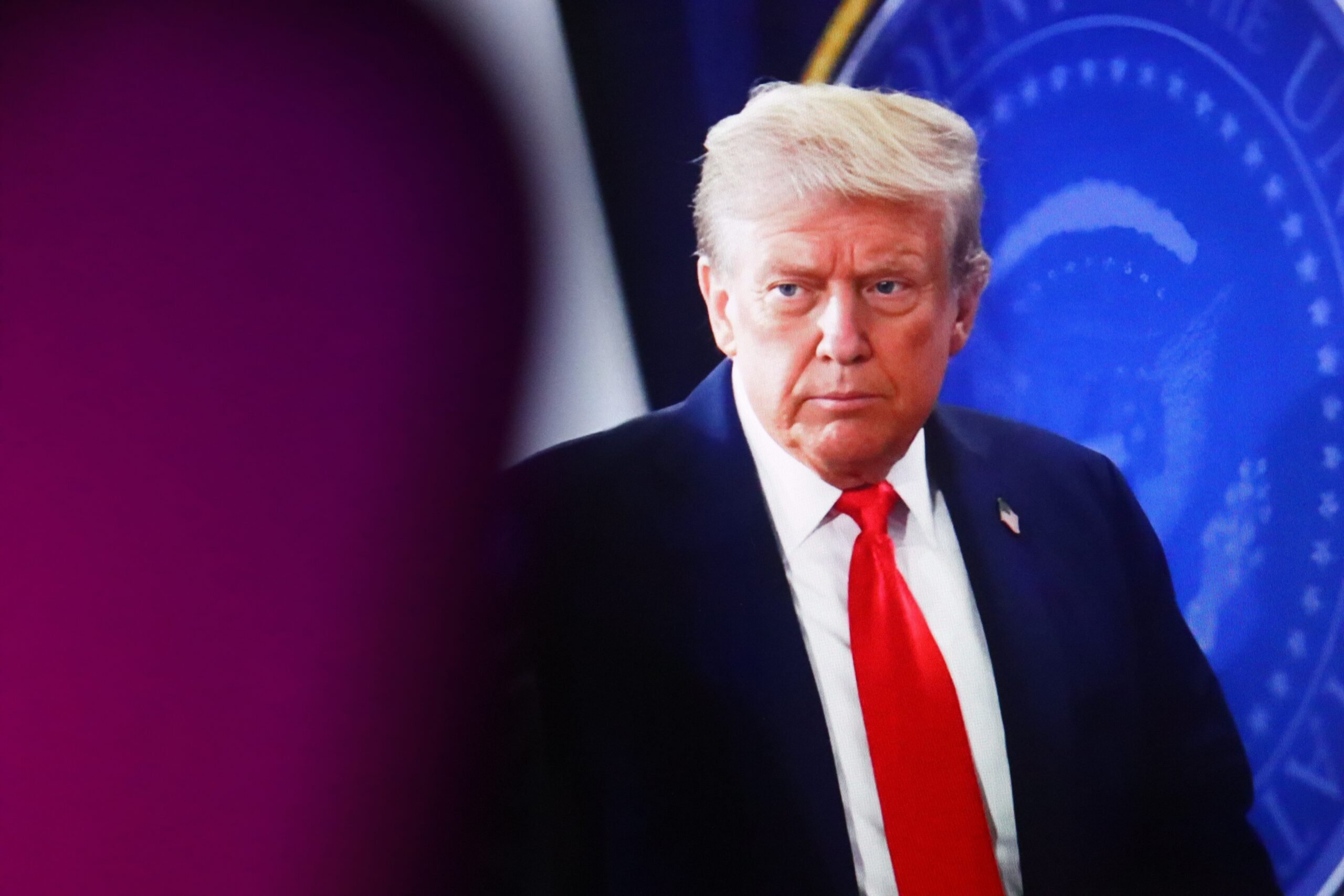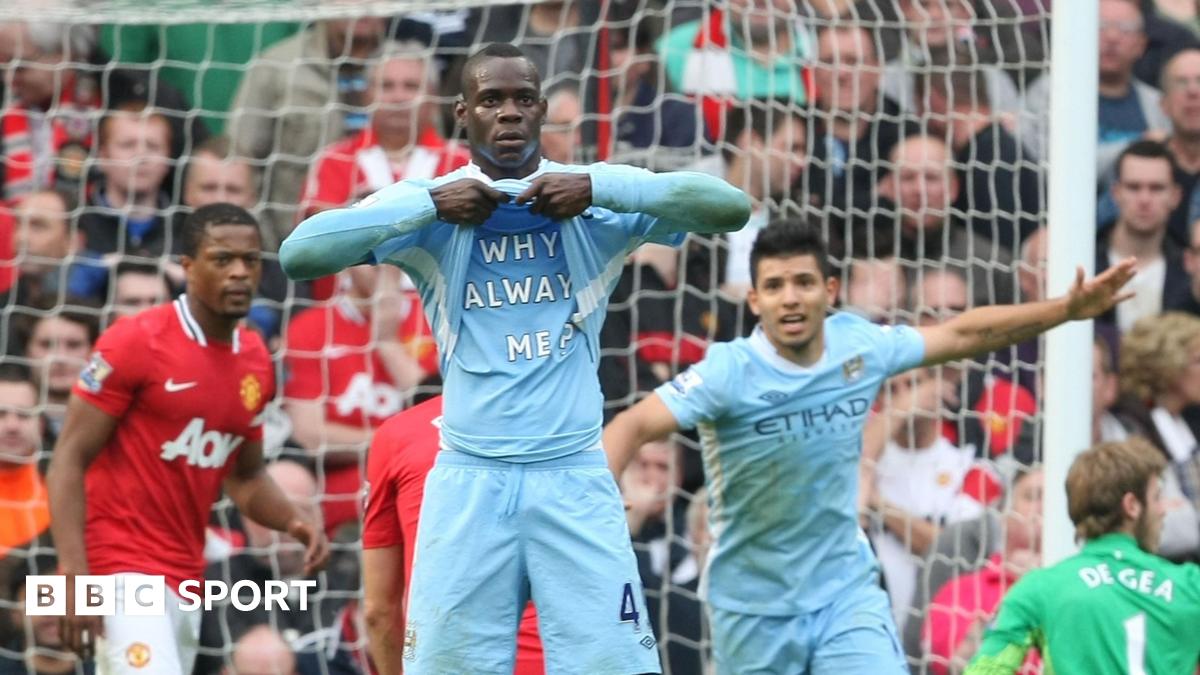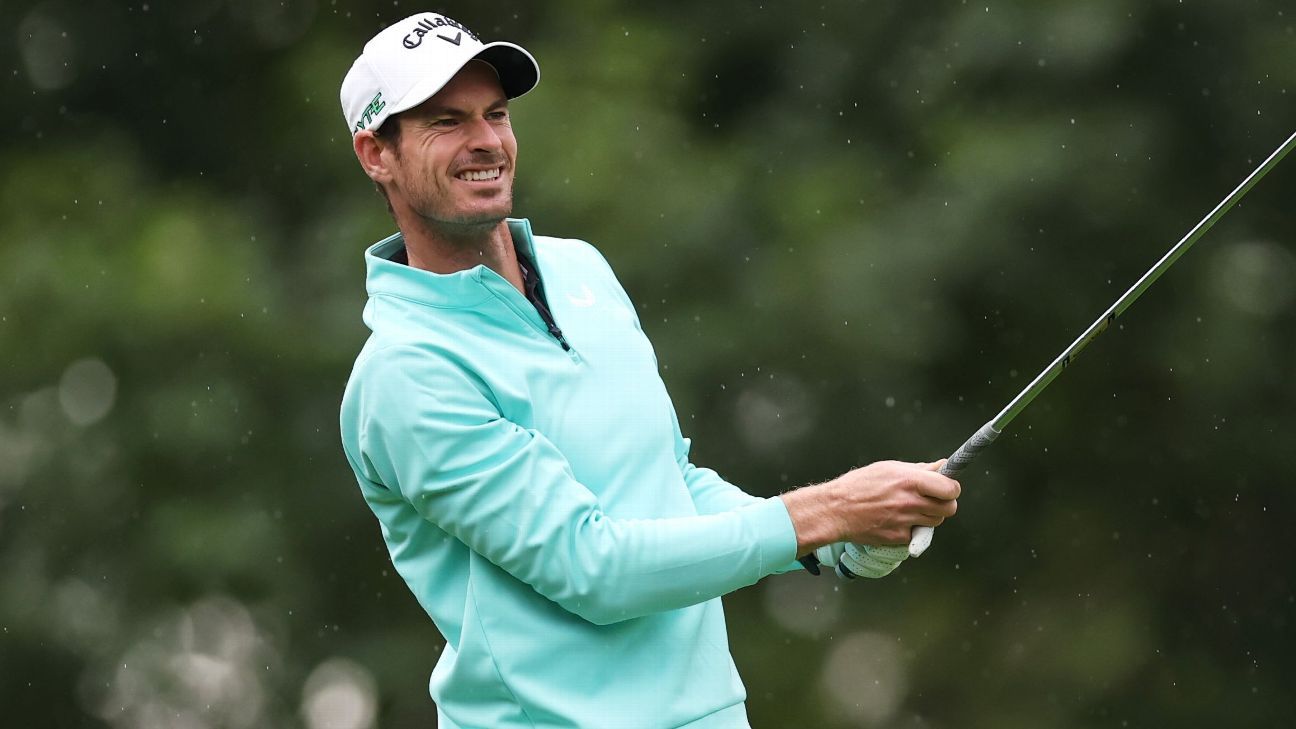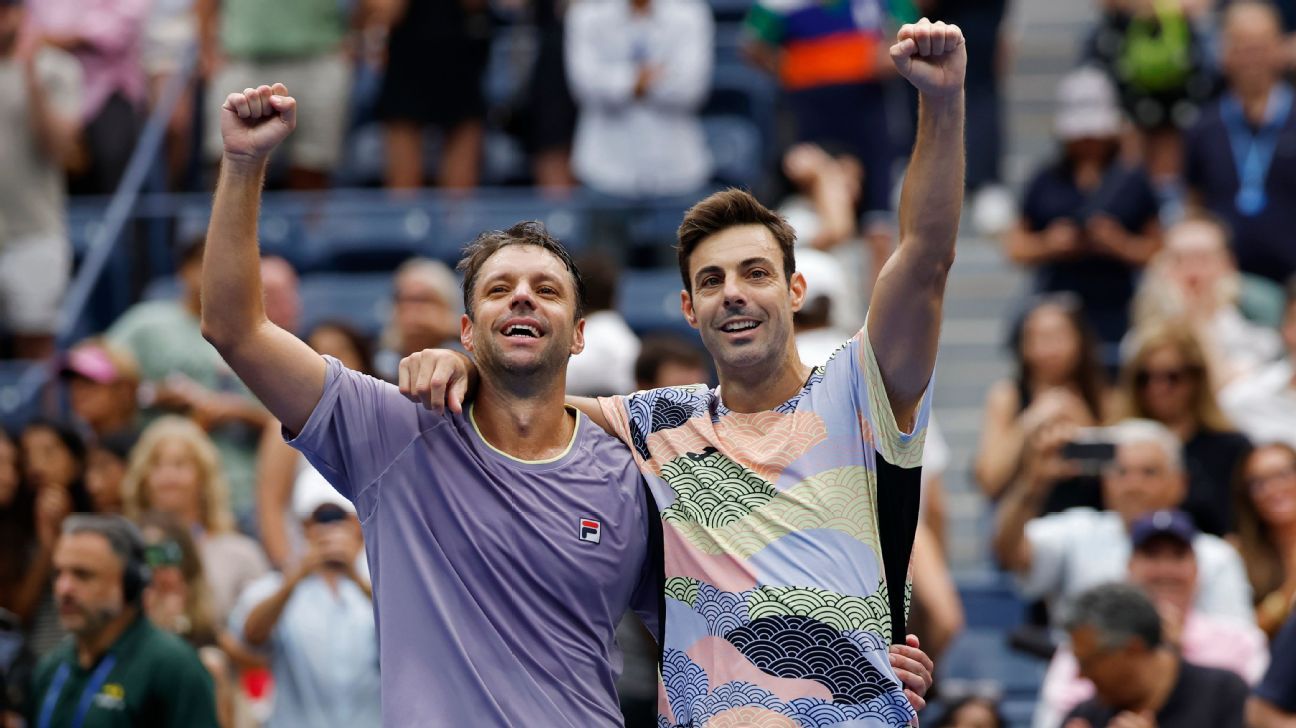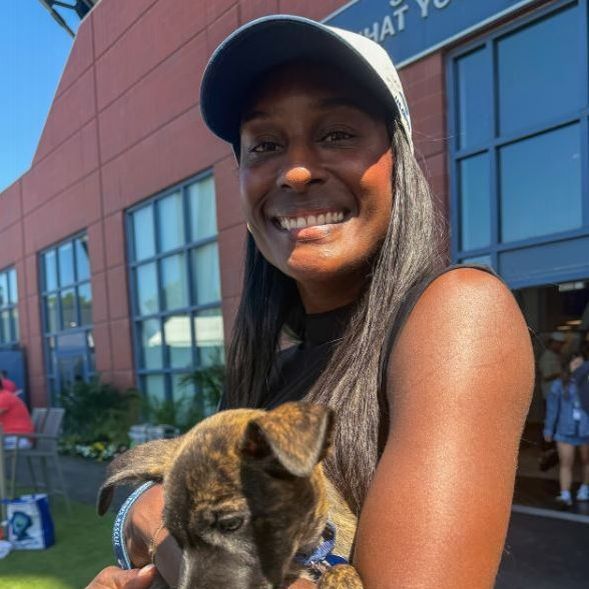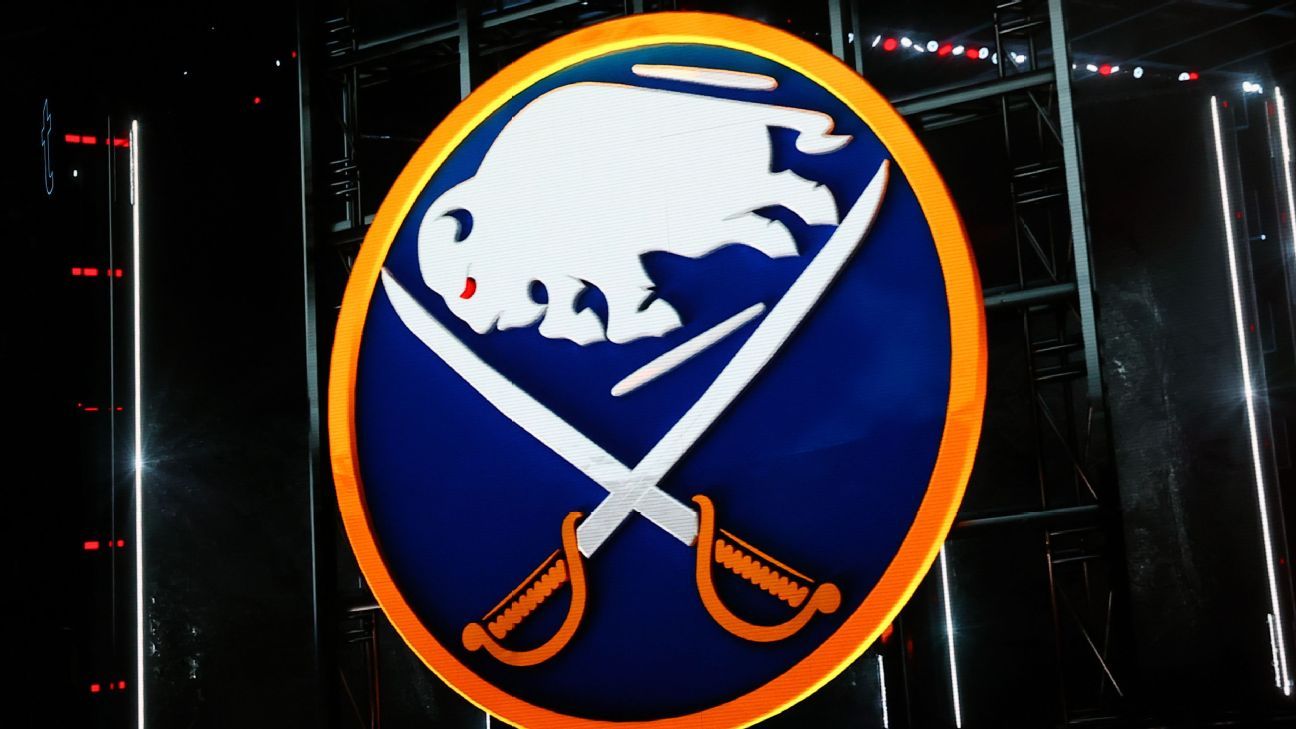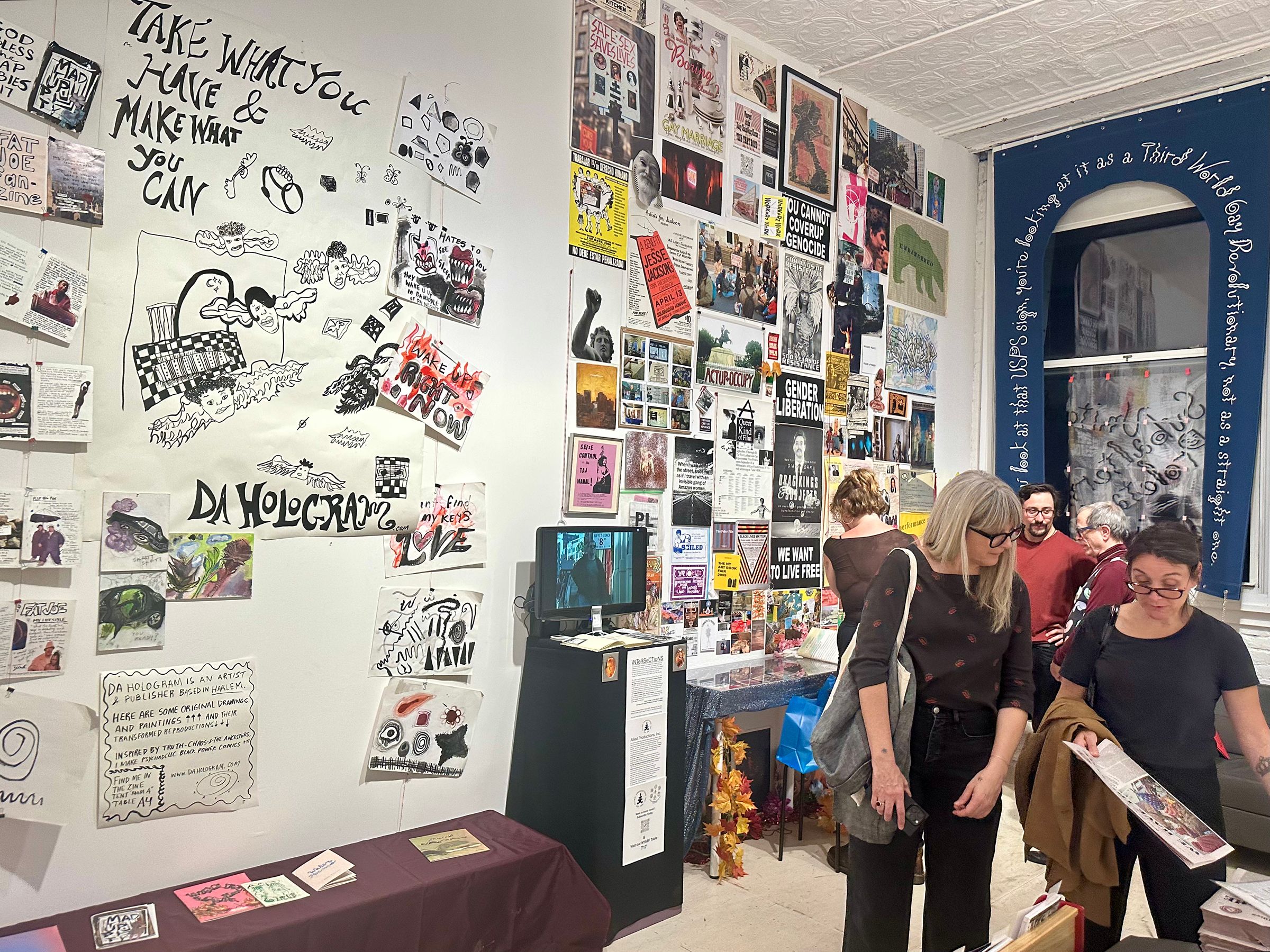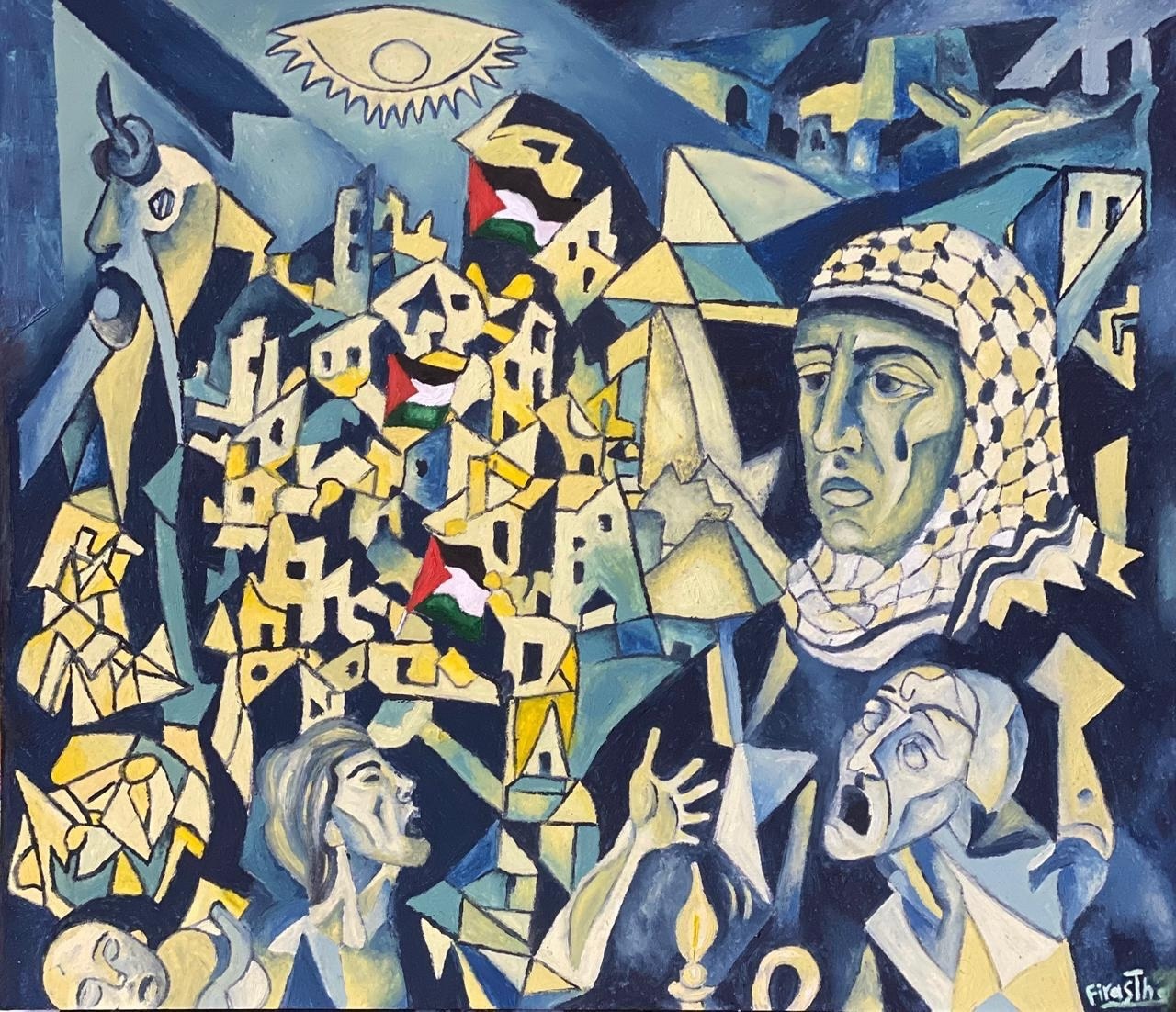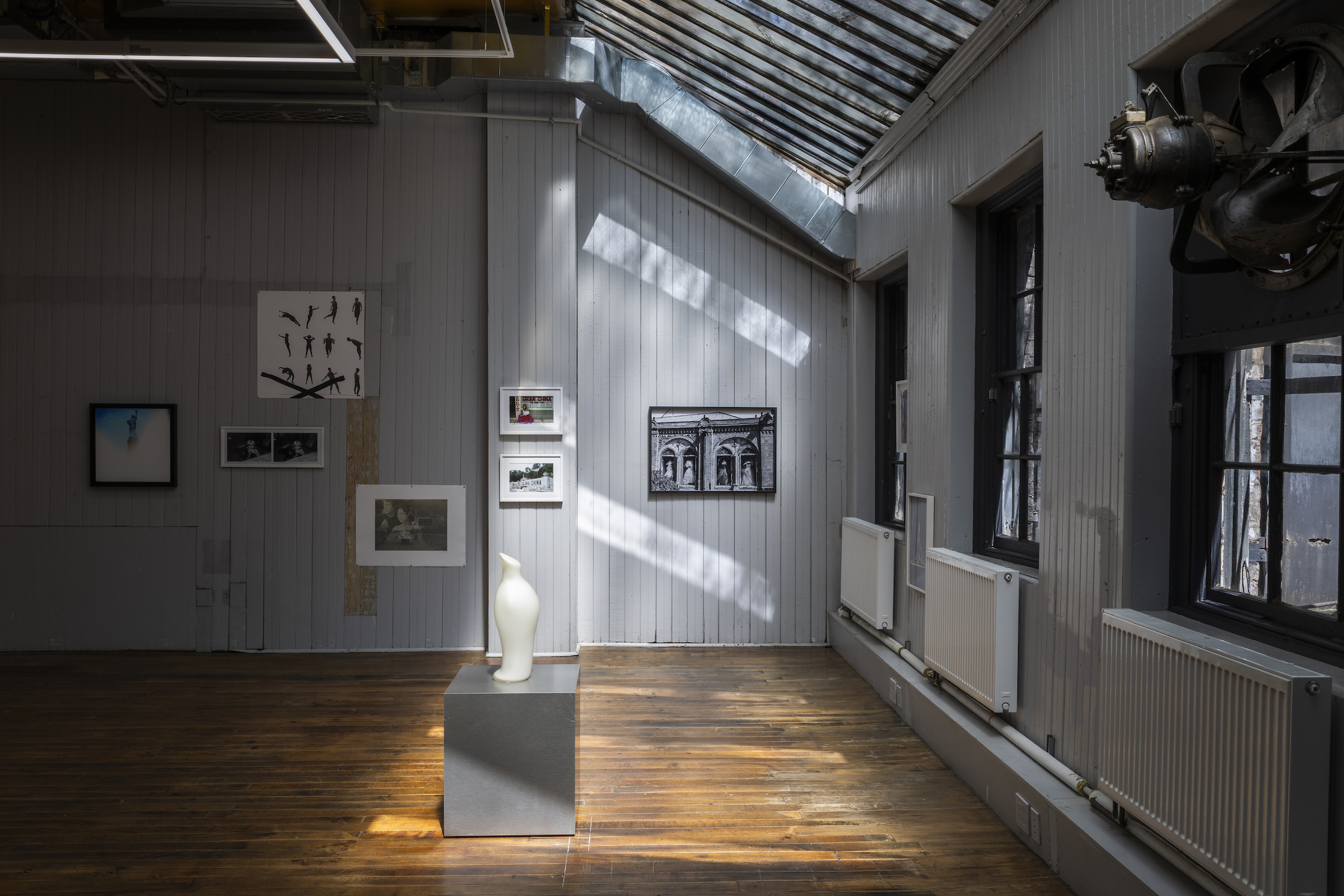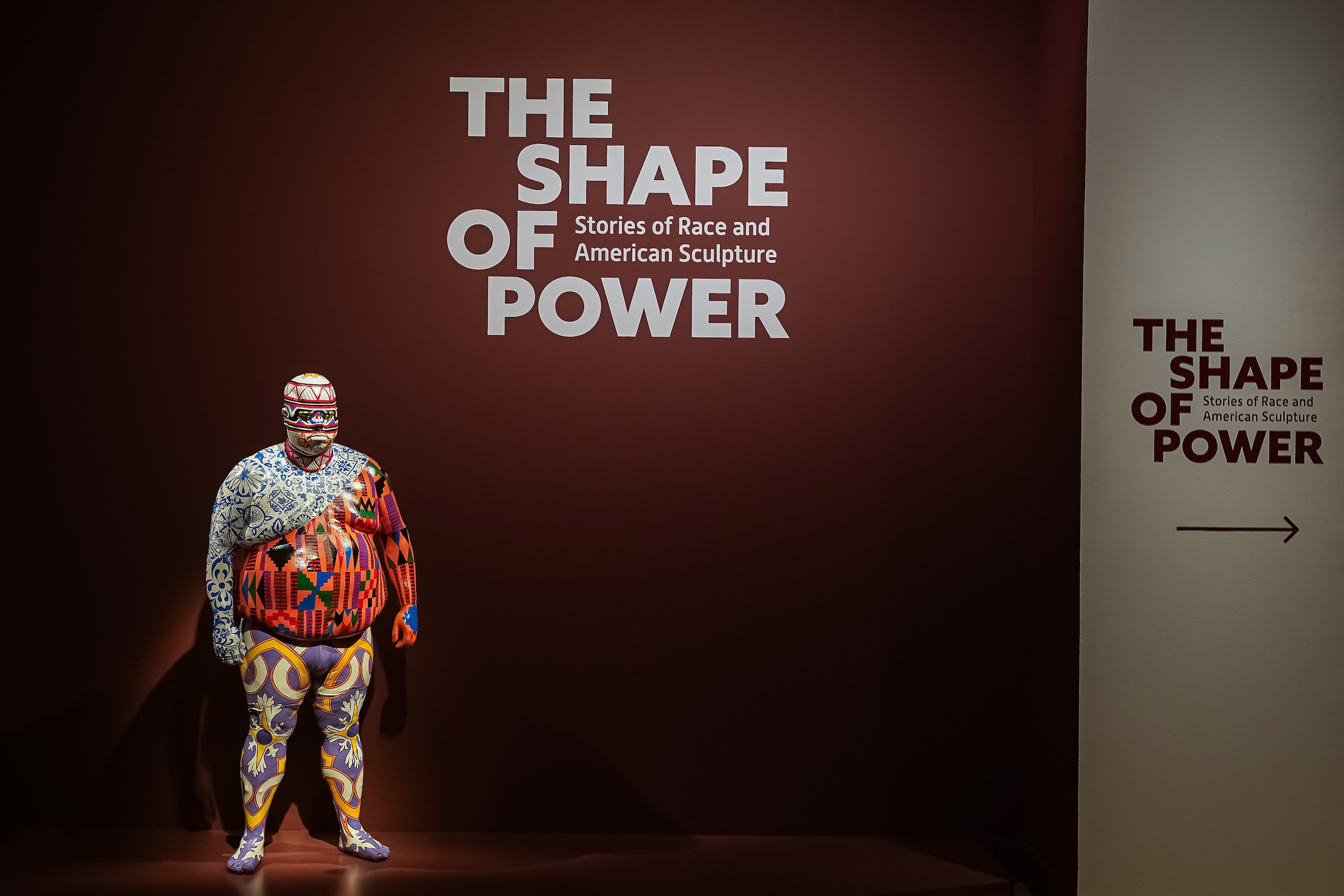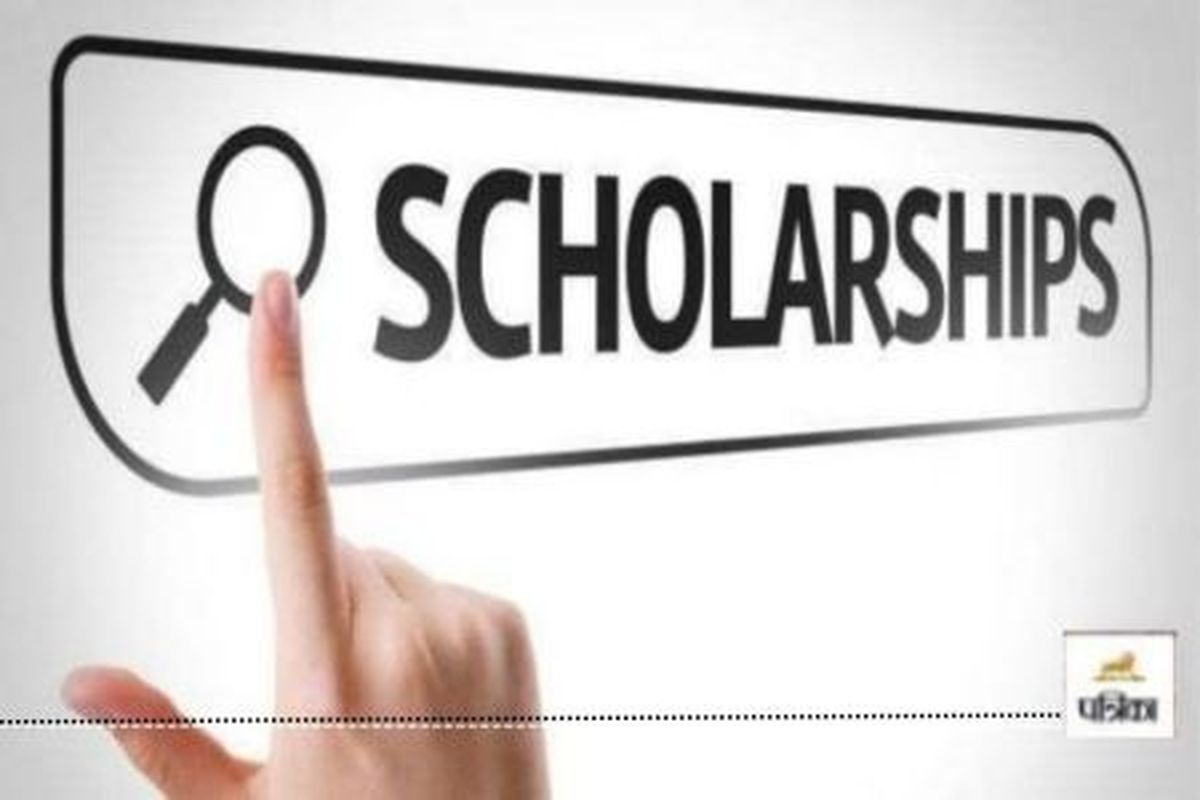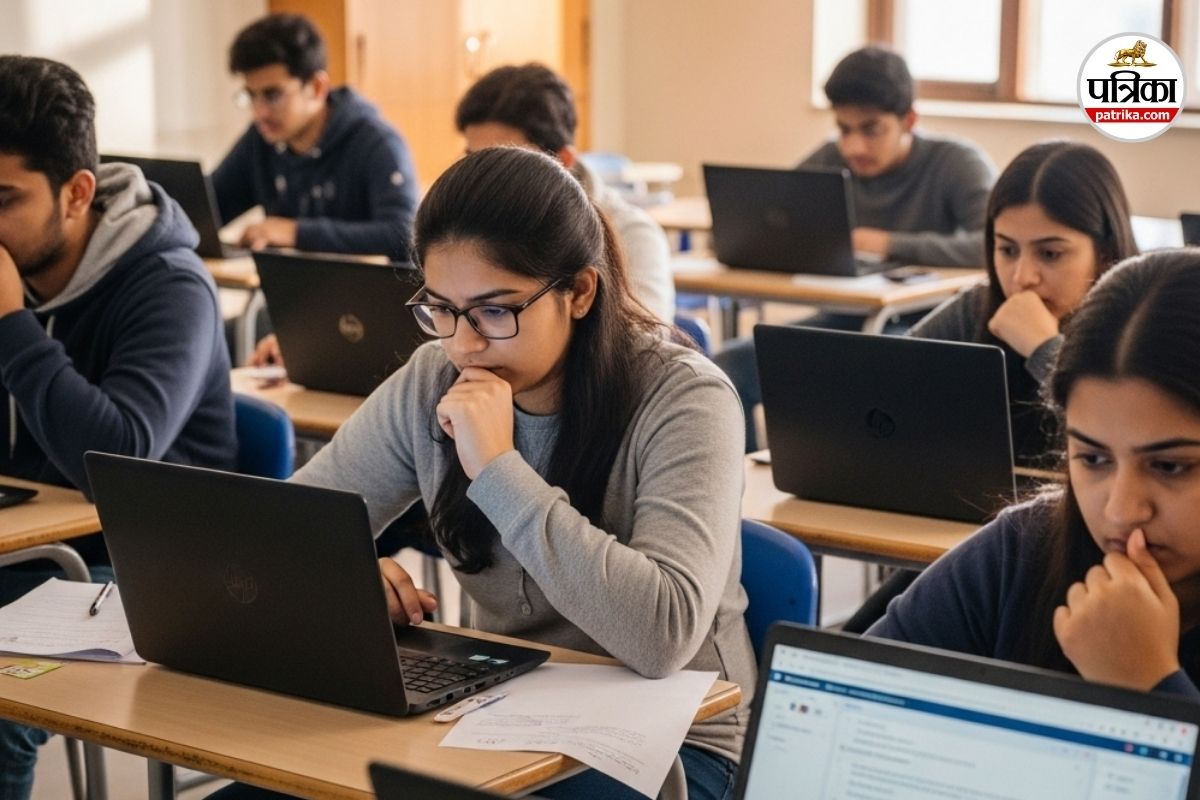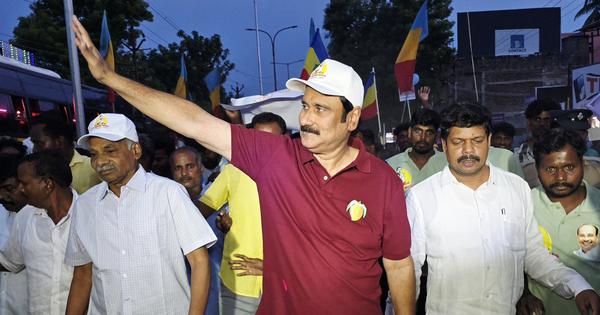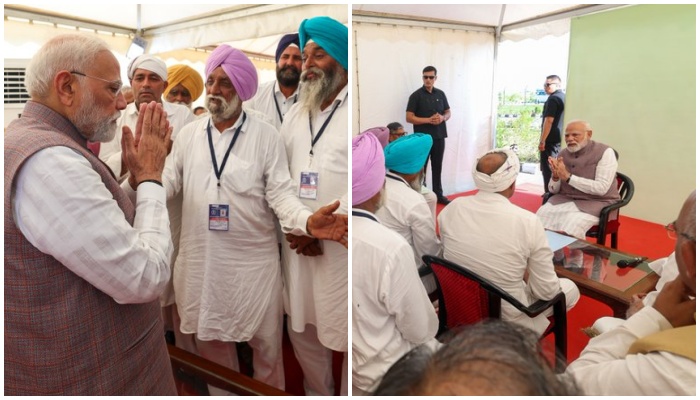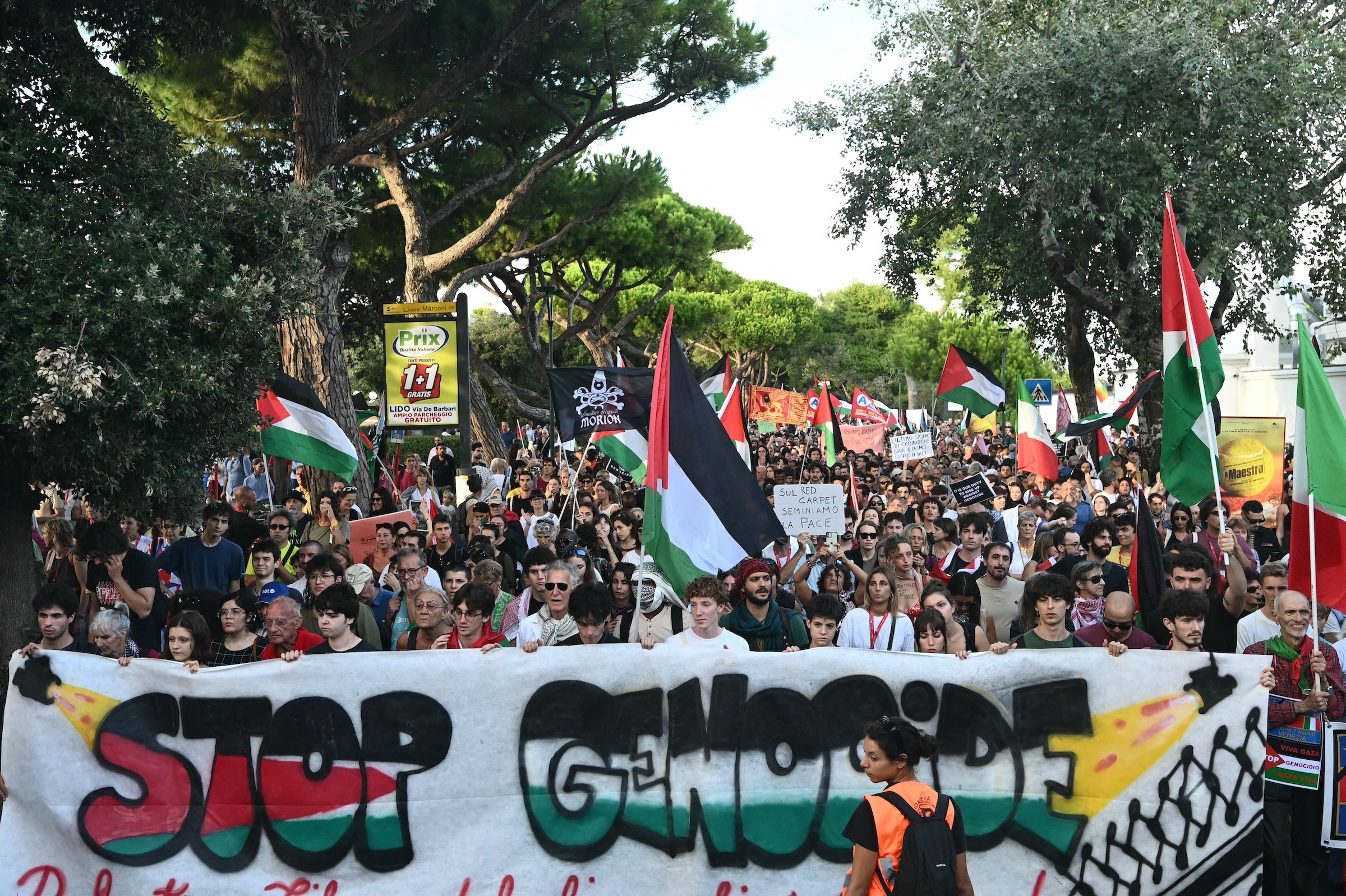Kerala High Court rebukes Travancore Devaswom Board for removing gold-plated coverings of deities in the Sabarimala temple without following procedure
The Kerala High Court pulled up the Travancore Devaswom Board (TDB) on Friday (12th September) for removing the gold-plated copper coverings of deities in the Sabarimala temple in Kerala. Taking a suo motu cognisance of the matter, a division bench of Justices Justice Raja Vijayaraghavan V and Justice K.V. Jayakumar expressed concern over the removal of the coverings of the “Dwarapalaka Idols” located on either side of the Sreekovil by the TDB without prior intimation to the Special Commissioner. After considering the report filed by the Sabarimala Special Commissioner, the High Court noted that, though the gold-plating on the coverings was guaranteed for a period of 40 years, it developed defects within 6 years. As a result, the TDB decided to return the coverings for repairs to the person who had sponsored them. However, the TDB did not inform the Sabarimala Special Commissioner before removing the coverings and sending them for repair to Chennai. Although the TDB tendered an unconditional apology for not following the procedure, the High Court had directed it to immediately halt the repair work and transport the items directly back to the Sannidhanam, in an order dated September 9, 2025. The court also directed that the entire file and records relating to the repairs of gold-plated copper coverings over the “Dwarapalaka Idols” be produced before it. Upon examining the records relating to the repair works, the High Court observed several inconsistencies in the decision-making process. The court noted that the Thiruvabharanam Commissioner initially recommended the traditional method for gold coating using 303 grams of gold (costing around ₹31 lakhs), but later reversed his stance after discussions with the sponsor and recommended that the items be sent to Chennai for electroplating. The court pointed out that this violated the TDB Sub Group Manual, which requires such works to be carried out at Sannidhanam itself. “We observe that the entire transaction remains replete with unanswered questions,” the High Court remarked. The division bench said that the properties of temples, deities and Devaswom Boards should be protected by trustees/ archakas/ shebaits or employees. “The Government, members or trustees of boards/trusts, and devotees should be vigilant to prevent any such usurpation or encroachment. It is also the duty of courts to protect and safeguard the properties of religious and charitable institutions from wrongful claims or misappropriation,” the High Court asserted. The Court ordered the seizure of all records relating to the gold-plating and cladding of the idols, including details of a former pair of Dwarapalaka idols reportedly kept in the strong room for possible gold extraction. Besides, the court impleaded Mr. Unnikrishnan Potty (the sponsor) and Smart Creations (where the coverings were sent to be repaired) as additional respondents, requiring them to furnish all financial and communication records linked to the repairs and sponsorships.
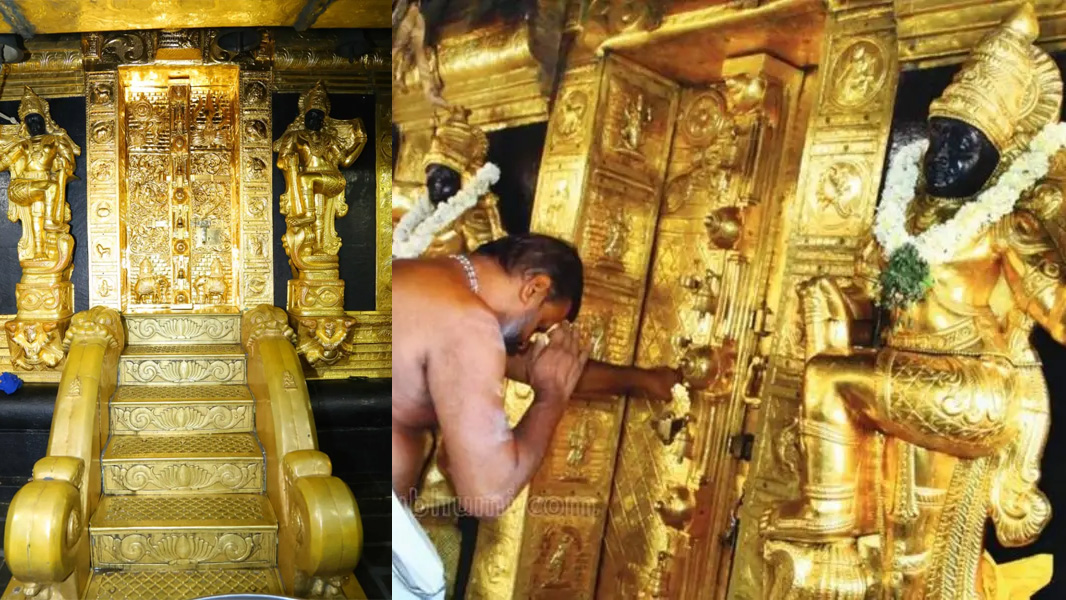


The Kerala High Court pulled up the Travancore Devaswom Board (TDB) on Friday (12th September) for removing the gold-plated copper coverings of deities in the Sabarimala temple in Kerala. Taking a suo motu cognisance of the matter, a division bench of Justices Justice Raja Vijayaraghavan V and Justice K.V. Jayakumar expressed concern over the removal of the coverings of the “Dwarapalaka Idols” located on either side of the Sreekovil by the TDB without prior intimation to the Special Commissioner.
After considering the report filed by the Sabarimala Special Commissioner, the High Court noted that, though the gold-plating on the coverings was guaranteed for a period of 40 years, it developed defects within 6 years. As a result, the TDB decided to return the coverings for repairs to the person who had sponsored them. However, the TDB did not inform the Sabarimala Special Commissioner before removing the coverings and sending them for repair to Chennai.
Although the TDB tendered an unconditional apology for not following the procedure, the High Court had directed it to immediately halt the repair work and transport the items directly back to the Sannidhanam, in an order dated September 9, 2025. The court also directed that the entire file and records relating to the repairs of gold-plated copper coverings over the “Dwarapalaka Idols” be produced before it.
Upon examining the records relating to the repair works, the High Court observed several inconsistencies in the decision-making process. The court noted that the Thiruvabharanam Commissioner initially recommended the traditional method for gold coating using 303 grams of gold (costing around ₹31 lakhs), but later reversed his stance after discussions with the sponsor and recommended that the items be sent to Chennai for electroplating. The court pointed out that this violated the TDB Sub Group Manual, which requires such works to be carried out at Sannidhanam itself. “We observe that the entire transaction remains replete with unanswered questions,” the High Court remarked.
The division bench said that the properties of temples, deities and Devaswom Boards should be protected by trustees/ archakas/ shebaits or employees. “The Government, members or trustees of boards/trusts, and devotees should be vigilant to prevent any such usurpation or encroachment. It is also the duty of courts to protect and safeguard the properties of religious and charitable institutions from wrongful claims or misappropriation,” the High Court asserted.
The Court ordered the seizure of all records relating to the gold-plating and cladding of the idols, including details of a former pair of Dwarapalaka idols reportedly kept in the strong room for possible gold extraction. Besides, the court impleaded Mr. Unnikrishnan Potty (the sponsor) and Smart Creations (where the coverings were sent to be repaired) as additional respondents, requiring them to furnish all financial and communication records linked to the repairs and sponsorships.



